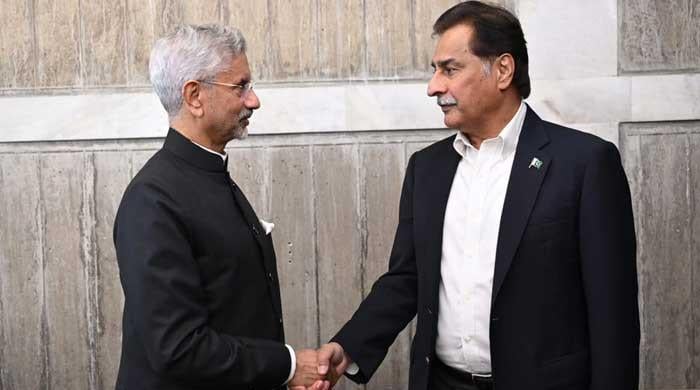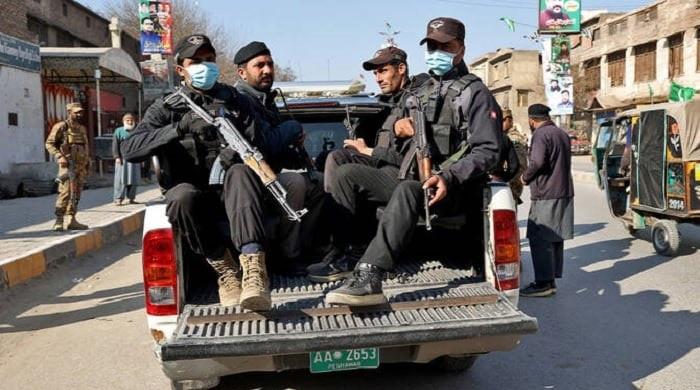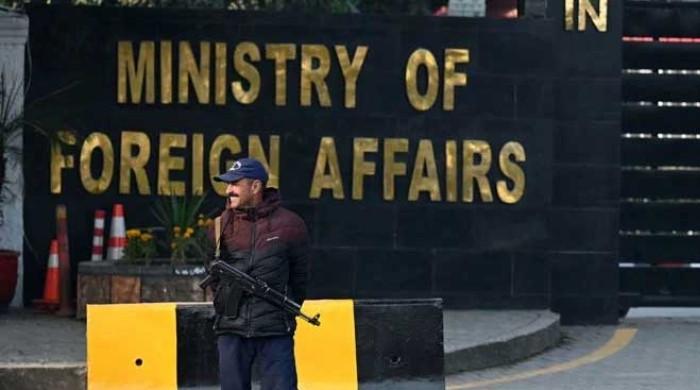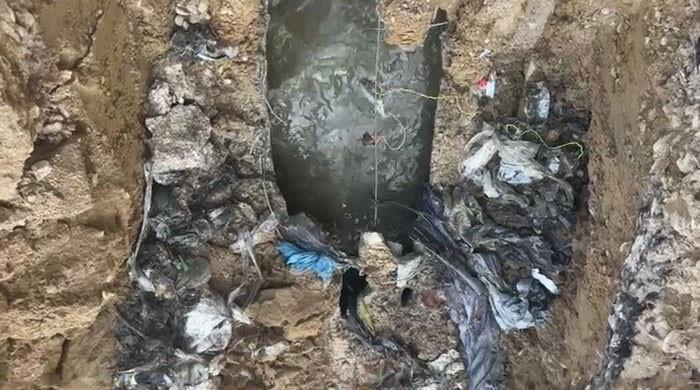Pakistan extends documented Afghan refugees' stay by another one year
POR cards for 1.45 million Afghan refugees legally residing in the country extended by one year
July 10, 2024
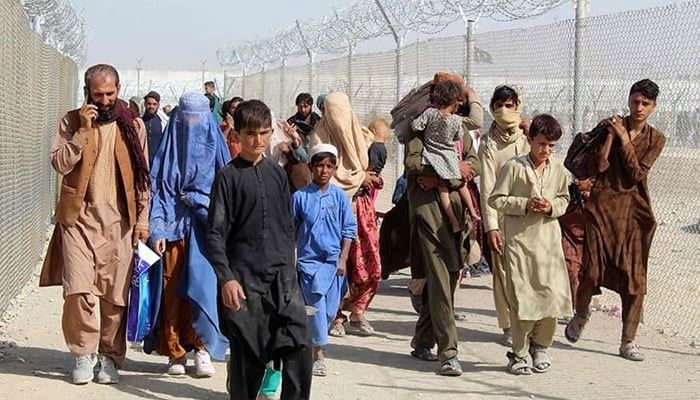
- Pakistan extends 1.45m Afghan refugees' POR cards by one year.
- Extension also applies to those whose cards expired last month.
- UNHCR lauds Pakistan for suspending repatriation of refugees.
Pakistan has extended the stay of legally residing Afghan refugees in the country by another year, according to an official statement issued following the cabinet meeting on Wednesday.
The federal cabinet, in its meeting, approved the extension of Proof of Registration (POR) cards until 30th June next year for 1.45 million legal Afghan refugees and those whose POR cards had expired last month.
The development came a day after United Nations High Commissioner for Refugees (UNHCR) Filippo Grandi called on top Pakistani officials including Prime Minister Shehbaz and appreciated the country for suspending the "Illegal Foreigners Repatriation Plan," according to a statement issued by the UNHCR.
During his discussions with Pakistani officials, the high commissioner had called for the timely extension of the POR cards, a critical identity document held by over 1.45 million Afghan refugees.
Grandi also sought assurance that the repatriation plan would remain on hold, the statement said.
In the meeting, PM Shehbaz called on the world to recognise the country's burden of hosting a large population of Afghan refugees and demonstrating collective responsibility.
Pakistan continues to host some 3 million Afghans, all solutions need to be explored in addition to voluntary repatriation, including third-country resettlement and longer-term solutions within Pakistan, according to the UNHCR statement.
Last year, the country announced a huge drive to repatriate foreigners without visas, mostly the roughly four million Afghans who crossed the border during 40 years of armed conflict in their home country and after the Taliban seized power in 2021.
More than 500,000 Afghans have returned from Pakistan since the campaign was announced, according to UN figures.
Amid a surge in terror incidents across the country, the then-caretaker government in October last year decided to repatriate illegal refugees including undocumented Afghans residing in the country.
According to the latest statistics, over half a million undocumented Afghans have been deported back to their home country.
Cabinet approves PWD's abolishment
In today's meeting, the federal cabinet also approved the action plan for the abolition of the Pakistan Public Works Department (Pak PWD) and decided to form a Pakistan Infrastructure Development Company to oversee federal development projects and the Asset And Facility Management Company for repair and maintenance works.
The cabinet decided to hand over the federal government projects in the provinces to the relevant provincial departments.
The cabinet decided the Asset and Facility Management Company would be established to carry out the repair and maintenance work currently being done by the Pak PWD.
After their classification, the PWD employees would be transferred to relevant ministries and a golden handshake scheme would also be introduced for them.
Moreover, the cabinet also decided to computerise the record of all PWD properties and called for completing the transition process within two weeks.
On the housing ministry’s recommendation, the meeting also approved transferring the building of Federal Lodges-II in Peshawar to the Election Commission of Pakistan for establishing the permanent office of the provincial Election Commission.
The meeting approved the repatriation of seven accountant members of Appellate Tribunal Inland Revenue to FBR and the appointment of 14 officers in the tribunal benches, as proposed by the ministry.
On the health ministry’s recommendation, the cabinet approved the appointment of Joint Secretary Muhammad Iqbal as Administrator of the National Council for Homeopathy.
It also decided to revoke the accreditation of Bahawalpur Medical College for its failure to meet the required standards of the Pakistan Medical and Dental Council. The students of the colleges would be shifted to other medical colleges.
The prime minister questioned why the college was allowed to function despite not meeting the standards and asked the Prime Minister Inspection Commission to probe into the matter.
— With additional input from APP




